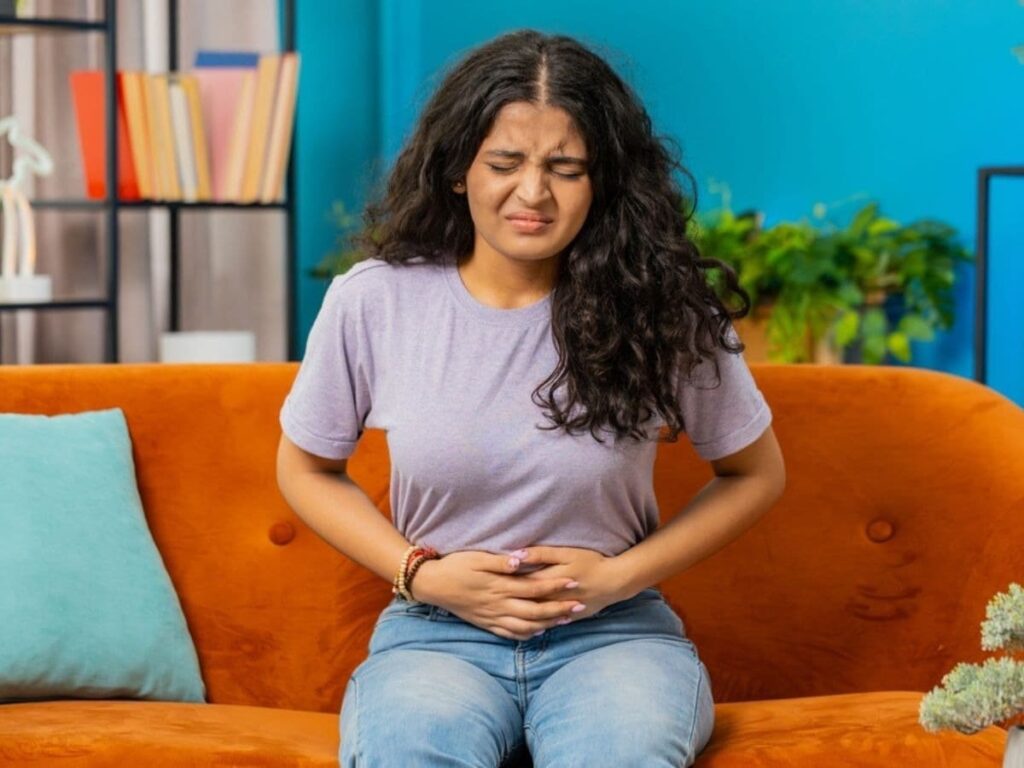Abdominal pain is a common issue that can arise due to various reasons. However, experiencing pain right after a meal can be concerning and may indicate an underlying problem. In this article, we will explore the possible causes for experiencing stomach pain immediately after eating, the symptoms to watch for, and when to seek medical attention.
Common Causes of Stomach Pain After Eating
1. Indigestion
Indigestion, or dyspepsia, is a widespread condition characterized by discomfort in the upper abdomen. It may occur after eating due to overeating, eating too quickly, or consuming spicy or fatty foods.
2. Food Intolerance
Food intolerances, such as lactose intolerance or gluten intolerance, can lead to gastrointestinal distress after consuming problematic foods. Individuals may experience bloating, gas, or cramping, indicating an adverse reaction.
3. Gastritis
Gastritis, an inflammation of the stomach lining, can cause pain shortly after eating. This condition may be caused by medications, excessive alcohol consumption, or an infection.
4. Gastroesophageal Reflux Disease (GERD)
GERD occurs when stomach acid frequently flows back into the esophagus, leading to heartburn and discomfort, particularly after meals. Lifestyle changes and medications may be necessary to manage GERD.
5. Peptic Ulcers
Peptic ulcers, which are sores that develop on the lining of your stomach or the beginning of your small intestine, can cause abdominal pain after eating. Common causes include certain medications, excess stomach acid, and infection by H. pylori bacteria.
6. Gallstones
Gallstones are hardened deposits that can form in the gallbladder. If they block a bile duct after eating, they can cause severe pain, especially after consuming fatty meals.
Symptoms Accompanying Stomach Pain
Identifying accompanying symptoms can help determine the severity of the condition. Common symptoms include:
| Symptom | Description |
|---|---|
| Bloating | Feeling of fullness or swelling in the abdomen. |
| Nausea | Feeling sick to the stomach, may lead to vomiting. |
| Heartburn | Burning sensation in the chest or throat due to acid reflux. |
| Loss of Appetite | Decreased desire to eat, possibly due to pain. |
When to Seek Medical Attention
While occasional stomach pain after eating is normal, you should seek medical attention if:
- Pain is severe and persistent.
- You experience unintended weight loss.
- There is blood in your stool or vomit.
- You have persistent vomiting or difficulty swallowing.
- Symptoms worsen or do not improve over time.
Conclusion
Stomach pain after eating can be caused by various factors, ranging from mild digestive issues to more serious conditions. Understanding the root cause can help in managing symptoms effectively. If you experience frequent or severe abdominal pain, it is essential to consult with a healthcare professional for proper diagnosis and treatment. Monitoring your diet and noting any trigger foods can also aid in reducing discomfort and promoting better digestive health.
